It is September 27, 1862.
Ten days have passed since McClellan’s Union forces defeated Lee’s army at Antietam.
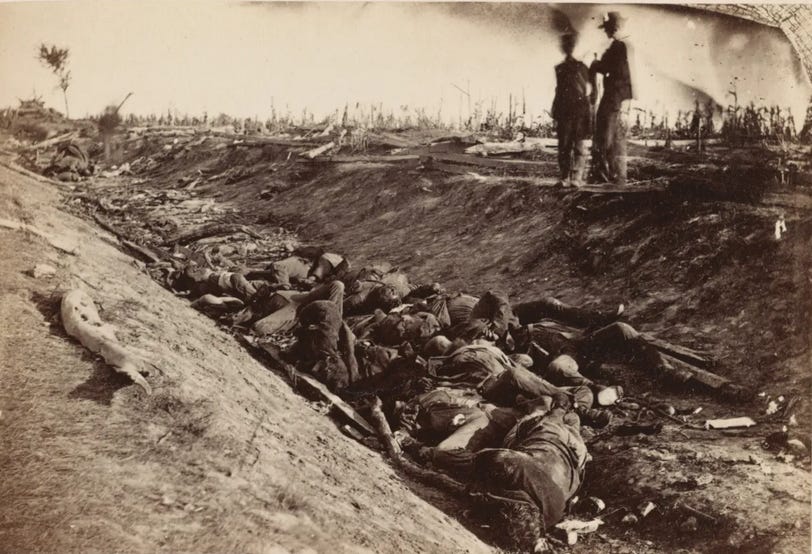
McClellan has refused Lincoln’s order to pursue and vanquish Lee’s retreating army.
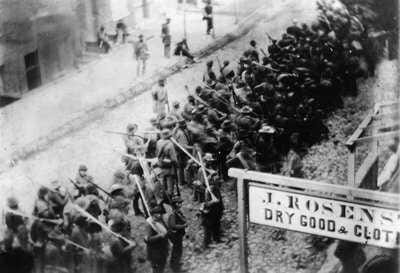
Lincoln believes an opportunity to crush Lee’s forces and end the Civil War in the East has been lost.
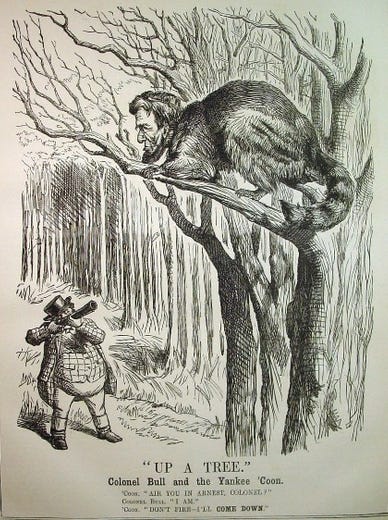
And the Secretary of the Interior has told Lincoln an astonishing story at a cabinet meeting.
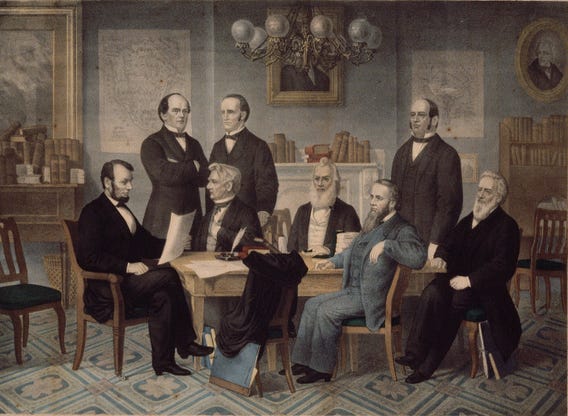
After the Battle of Antietam, a Union staff officer named Major Key had said the Union objective in the war was not to defeat the Confederate army.
The comment was made in answer to the question why McClellan had not ‘bagged’ Lee’s army after defeating it.
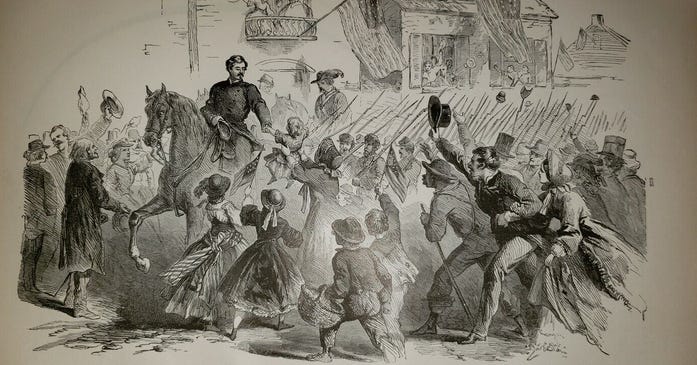
“That is not the game,” Key had said.
“[T]he object is that neither army shall get much advantage of the other;
“that both shall be kept in the field till they are exhausted,
“when we will make a compromise and save slavery.”
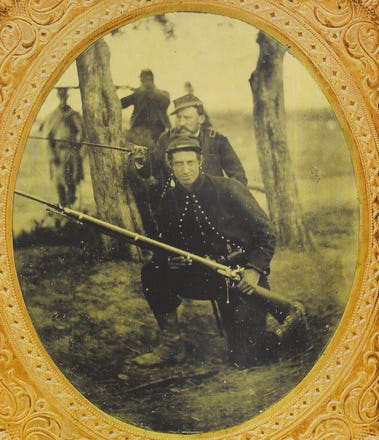
The comment outraged Lincoln.
And his misgivings about McClellan grew.
McClellan’s closest advisor was Key’s brother.
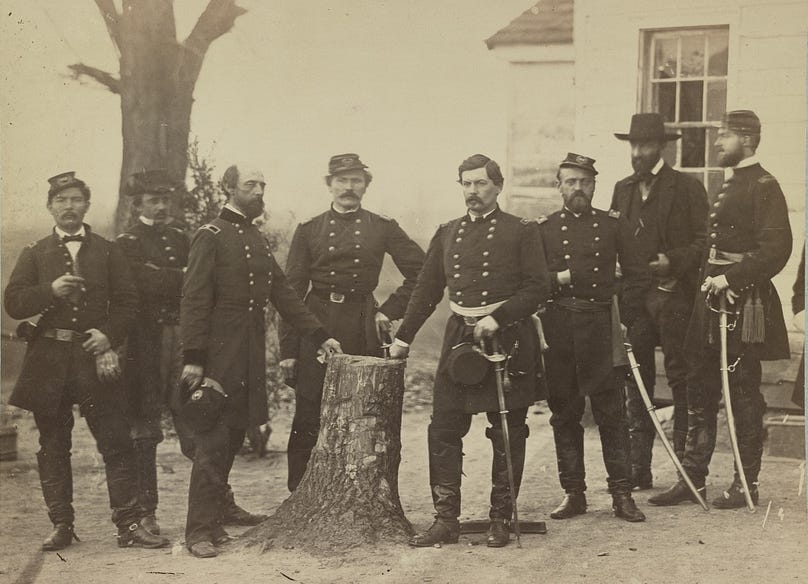
Was Key’s view of the war widely held among Union officers?
Did McClellan share this view of war strategy?
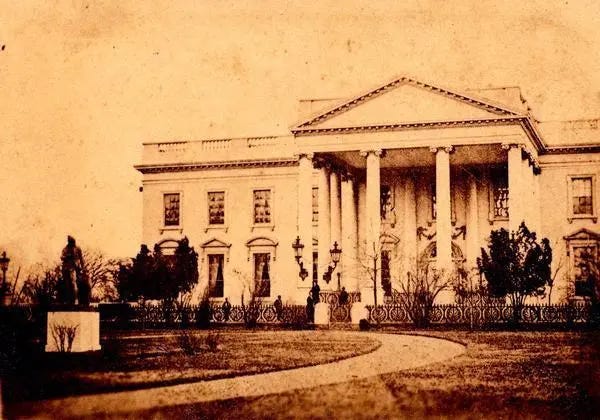
So, Key and the other party to this conversation were summoned to the White House for a meeting with Lincoln in his office.
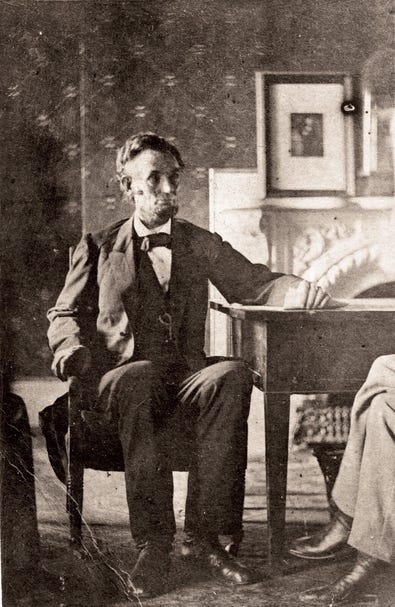
During Lincoln’s questioning, Key did not deny making his comment.
So, Lincoln dismissed him from military service.
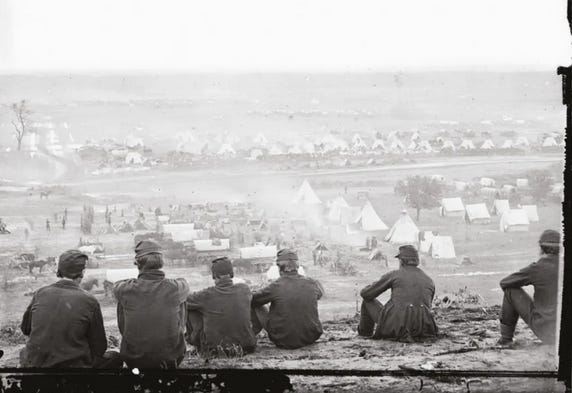
Lincoln followed the dismissal with a letter to Key two months later:
“I did not charge, or intend to charge you with disloyalty.
“I had been brought to fear that there was a class of officers in the army, not very inconsiderable in numbers,
“who were playing a game to not beat the enemy when they could,
“on some peculiar notion as to the proper way of saving the Union;
“I dismissed you as an example, and a warning, to that supposed class.”
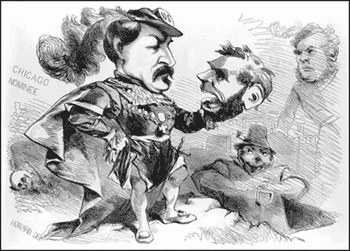
Historians still debate whether McClellan shared Key’s view of the war.
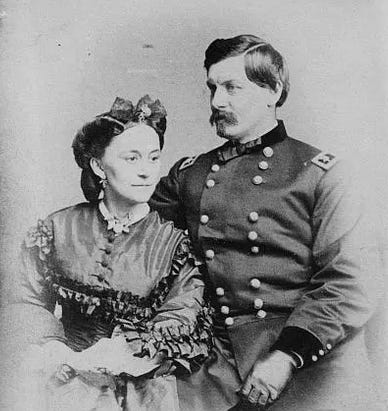
But six weeks after his White House meeting with Key, Lincoln dismissed McClellan from military service too.
******************************
I’ll see you tomorrow.
— Brenda
Banner image: Union soldiers drill near Washington, 1862.



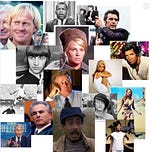










Share this post